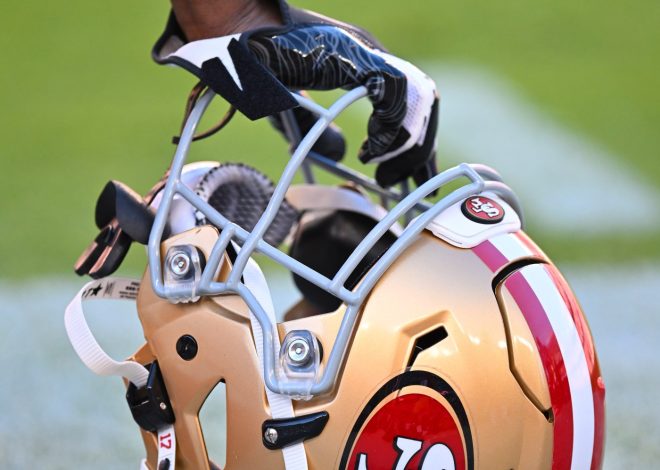
A ‘Ladies’ Night’ lawsuit sent a family-owned East Bay restaurant out of business. It’s more common than you’d think
New York — Historically, “Ladies’ Nights” have been great for business.
The discounted drinks or meals tend to draw a large crowd of women, which in turn tends to draw more men — which then leads to packed bars and increased sales for the business.
Related Articles
Daybreak Vietnamese Coffee serves up butter-roasted, ready-to-drink Vietnamese coffee
Brewery Day Trip: Santa Rosa’s Coffey Park
A new Chick-fil-A could be coming to West San Jose
Celebrating New Year’s Eve: Here are a few basics about champagne
Here are Yelp’s picks for top dining trends in 2025
But a family-run restaurant in the San Francisco Bay Area is shutting down this week because it can’t afford to operate after it settled a “Ladies’ Night” discrimination lawsuit, CNN affiliate KGO reported last week. John Marquez, the chef and owner of Lima Restaurant in Concord, told the outlet that it hasn’t been able to bounce back after settling a lawsuit over a promotion that discounted drinks for women.
It’s not the first small business to be sued over a Ladies’ Night promotion due to technicalities in discrimination laws in certain states. The Unruh Civil Rights Act, a California law that dates back to 1959, says businesses can’t discriminate against religion, race and gender. A slew of lawsuits have since followed, and that has meant a sharp drop in the promotion.
“A lot of these small mom-and-pop-type bars honestly might not know about this law,” said Rebecca Nieman, professor of business law and ethics at the University of San Diego. “Which is why you see these lawsuits still happening with these extremely small proprietors.”
Most gender discrimination lawsuits against small businesses get settled outside of court, Nieman said. Restaurants and bars with their razor-thin margins simply cannot financially handle a lawsuit from beginning to end and fight it in court.
Even if most businesses don’t host a Ladies’ Night with malicious intent, “if we’re talking about California law and they were breaking it, unfortunately, they probably would lose in court,” Nieman said.
Earlier this year in California, the minor-league baseball team Fresno Grizzlies was sued over a promotional event for women.
But while the law was created to counter discrimination, the intentions of those who file such lawsuits have come under scrutiny, with some calling them opportunistic and exploitative. San Diego lawyer Alfred Rava has filed hundreds of lawsuits across California against women’s organizations and women-only events, from the Grizzlies’ promotion to female-led startups to Mother’s Day freebies, claiming they’re unfair to men.
Rava did not respond to CNN’s request for comment. But in comments to Bloomberg in 2018, he said he’s “an advocate for diversity and equal treatment” and that “every one of the defendant businesses stopped their sex discrimination against millions of California consumers after I filed my lawsuits.”
At least 22 states and the District of Columbia have explicit laws against gender discrimination in public accommodations, according to the policy think tank Movement Advancement Project.
How businesses can protect themselves
America is getting more litigious, University of Miami business law professor Alexandros Platon Alexandrakis told CNN, and the number of lawsuits and judgments involving small businesses is up.
It’s still tough for small businesses to combat lawsuits, even if they have liability insurance. Lawsuits may exceed policy limits, and legal fees rack up in cases that make it to trial. There are also policy exclusions that won’t cover certain lawsuits.
“At the same time, when would a bar ever think to have an advertising coverage on their general liability policy?” Alexandrakis said.
In the South Florida area, Alexandrakis recommends businesses increase their policies to cover issues from up to $1 million to up to $2 million.
But oftentimes, lawsuits against small businesses involve an alleged breach of contract or someone slipping and falling inside the store. Liability insurance covers things like negligence claims, not protection against discrimination, Nieman said.
Alexandrakis recommends that all small businesses get some sort of insurance and make sure they know exactly what’s covered. It’s also important for an owner to open an entity when running a small business to avoid exposing personal assets in a lawsuit.
The-CNN-Wire
& © 2024 Cable News Network, Inc., a Warner Bros. Discovery Company. All rights reserved.


